Technology converts methane into a single-cell protein that could be used for aquafeed
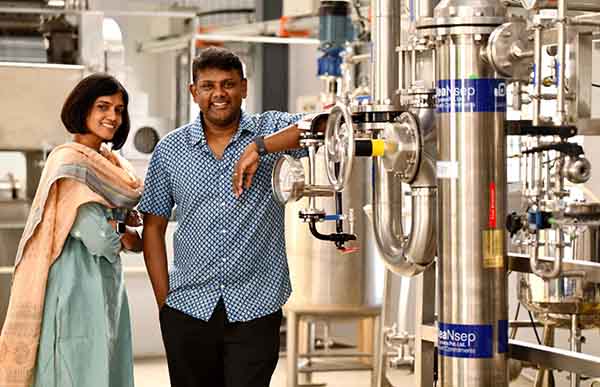
String Bio, a biotech innovator in India, has raised almost (U.S.) $20 million in Series B funding. The company has created innovative technology to convert the energy in methane into diverse value-added products, such as animal and fish feed. The company has also signed an agreement with Woodside Energy Technologies Pty Ltd, one of its primary investors.
“The vision for String has been to leverage cutting edge advances in biotechnology to enable better living at significantly reduced environmental footprint,” said Dr. Ezhil Subbian, co-founder and CEO of String Bio. “With the Woodside collaboration and Series B raise, we are taking a giant step forward to bring such solutions to market – solutions that are better for people and the planet.”
String Bio combines biology, engineering and chemistry to develop sustainable and scalable products to address global issues such as climate change and food scarcity. The award-winning company has built proprietary technology that converts methane into a single-cell protein that could provide a sustainable alternative in animal and human nutrition, as well as agriculture products, with a focus on improving the sustainability of crops and food production, land and water use. The goal is to be an end-to-end solution provider enabling a smooth transition to a carbon-friendly economy.
String Bio says this latest investment represents a model example of the energy and biotechnology sectors working toward a “more sustainable future, advancing a technology that could contribute to a circular carbon economy.”
“Our investment in String Bio builds on our ability to potentially abate greenhouse gases through the conversion of carbon into useful products,” said Meg O’Neil, CEO of Woodside Energy. “We believe String Bio’s technology could eventually be used to recycle methane at Woodside facilities. It could also be deployed at third-party sites with available biomethane, such as landfill facilities and farms.”
According to the Intergovernmental Panel on Climate Change’s AR6 report, methane traps around 27 times the amount of heat in the atmosphere as carbon dioxide (CO2) and is responsible for a third of global warming. Reducing methane emissions is one of the fastest opportunities to slow the rate of global warming.
Follow the Advocate on Twitter @GSA_Advocate
Now that you've reached the end of the article ...
… please consider supporting GSA’s mission to advance responsible seafood practices through education, advocacy and third-party assurances. The Advocate aims to document the evolution of responsible seafood practices and share the expansive knowledge of our vast network of contributors.
By becoming a Global Seafood Alliance member, you’re ensuring that all of the pre-competitive work we do through member benefits, resources and events can continue. Individual membership costs just $50 a year.
Not a GSA member? Join us.
Author
Tagged With
Related Posts
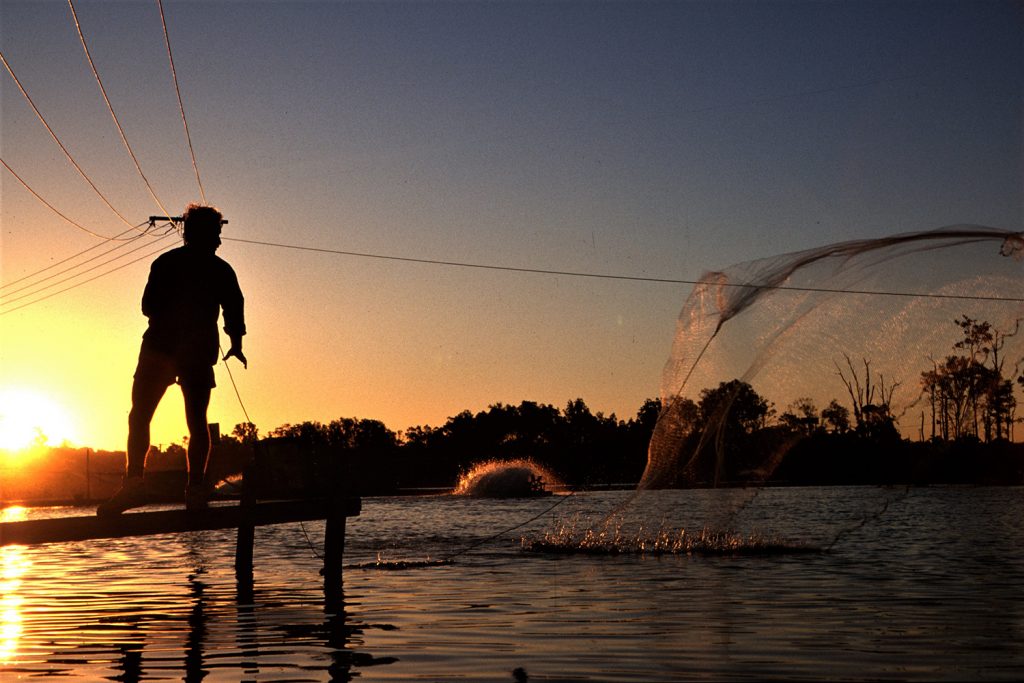
Responsibility
Nutrient recycling and circular economies can support sustainable intensification of aquaculture, part 1
With nutrient recycling, aquaculture can contribute sustainably toward the nutritional requirements of billions of people over the next century.
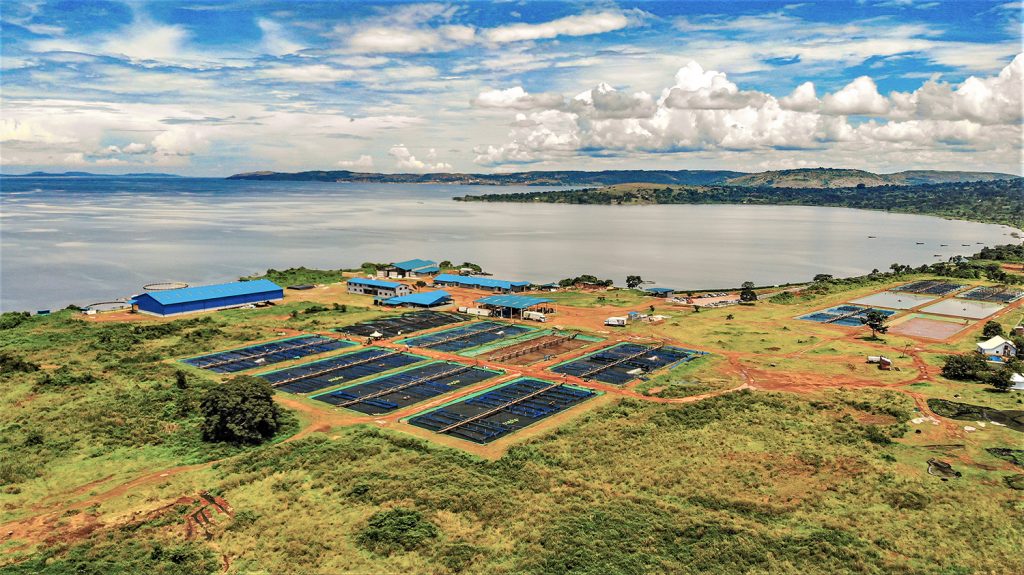
Responsibility
Nutrient recycling and circular economies can support sustainable intensification of aquaculture, part 2
Whether aquaculture can meet global seafood demand depends on the impacts of variables like climate change and marine ecosystem stability.
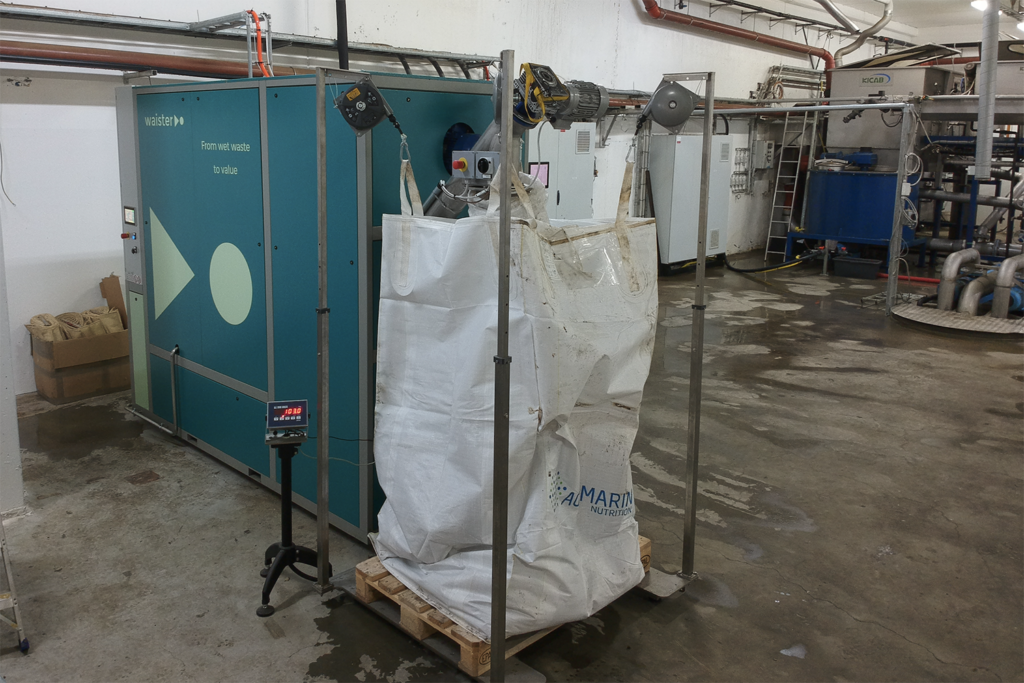
Responsibility
Valorizing aquaculture waste into bio-fertilizers and pet feed
Waister machines transform fish sludge and mortalities into bio-fertilizers and pet feed ingredients to valorize waste through circular economy principles.
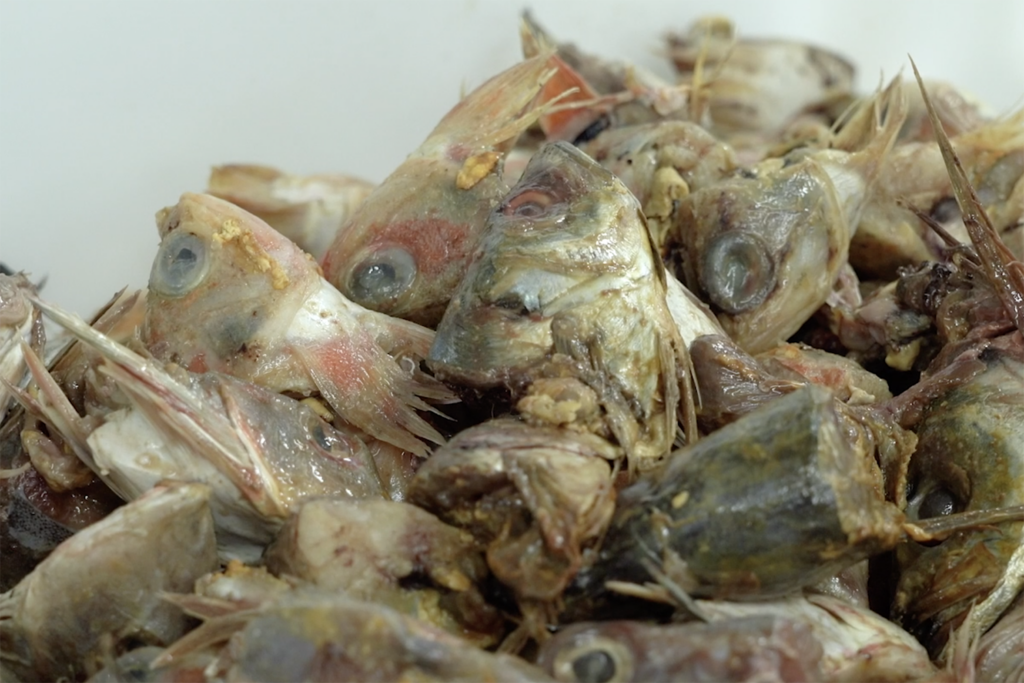
Responsibility
An introduction to circular economy principles in aquaculture
In the latest article from the GAIN project, implementing circular economy principles can help increase the sustainability of aquaculture production.



